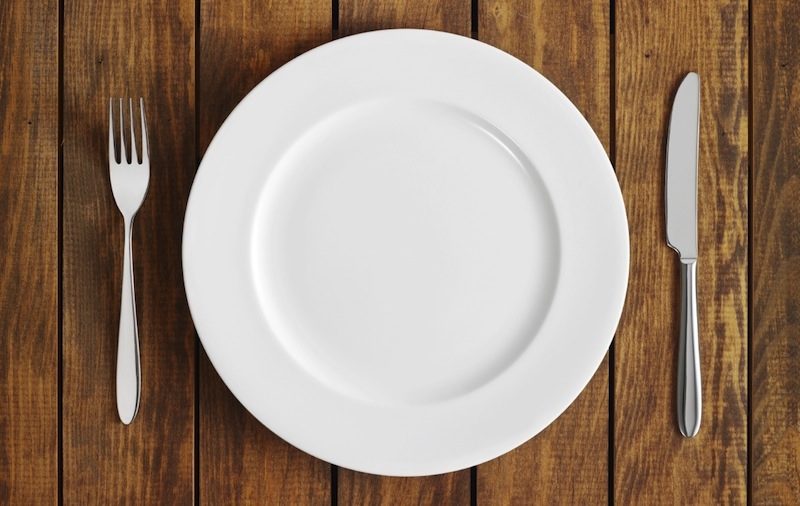5 Tips to Eating Healthy during Ramadhan
The holy month of Ramadhan is upon us, this is a chance for you to purify your soul and your body again this year. But if you’re not careful with what you’re eating during pre-dawn (suhoor) and after dusk (iftar), you might actually end up gaining weight or in a poorer health condition! So, how are we supposed to eat healthy during Ramadhan? Gold’s Gym investigates! Here are 5 tips to healthy eating during this holy month.
1. Don’t feast
When we’re fasting, we’re going to deprive ourselves of food and liquid so it’s easy to go overboard when we’re breaking our fast after dusk. It’s important for us to keep our normal eating habits and avoid feasting, or eating humungous amount of food, during the non-fasting hours.
2. Get your nutrition right
You should have at least two meals a day, at suhoor and iftar. The food consumed during those to meal shouldn’t have too much difference with your daily food intake. Make sure you’re getting all the necessary items from all the major food groups: fruit and vegetables, carbohydrates, proteins, dairy foods and even food containing fat and sugar.
3. Pick the right kind of food
Even if you’ve made sure that you’re getting everything you need from all the major food groups, you should also pick the right kind of food! It’s better to opt for complex carbohydrate to eat pre-dawn. Since they release energy slowly, it will help fill you up longer during fasting. They’re found in foods like wheat, oats, beans, whole meal flour and bread. Food rich in fibers like vegetables, grains and seeds, and almost all fruits are also digested slowly and hence will keep you fuller longer. Foods that are heavily processed, high in refined carbohydrates like sugar and high in fat tend to be burned faster, so you would feel hungry faster as well. Try to avoid all those kinds of food.
4. Make sure you’re getting enough fluid
Try to drink as much water as possible on the non-fasting hours to make sure that you won’t be dehydrated. Try to avoid drinks that have caffeine in it, like tea, coffee and soda. Caffeine is a diuretic, which stimulates faster water loss through urination. So if you consume these beverages you’ll be losing all the water you need during fasting. You should break your fast by drinking plenty of water. Not only this will rehydrate your body, it will also curb your hunger and keep it under control so you won’t go too crazy with the food.
5. Take supplements
It’s advisable for you to take extra supplements just to make sure you’re getting everything your body needs. You can either take supplement pills or you can just take in more food rich in vitamins like fruits or vitamin fortified food and beverages. Some people would drink isotonic drinks to replace all the lost salts in our body.
It's important to stay healthy during fasting, so you can participate seamlessly with all the festivity and spiritual purification the month is offering. So be mindful and stay healthy in this holy month!
Gold's Gym Mall Ciputra | Gold's Gym Mall of Indonesia | Gold's Gym Thamrin City | Gold's Gym Cilandak Town Square | Gold's Gym Baywalk Mall Pluit | Gold's Gym Kalibata City Mall | Gold's Gym Braga Citywalk | Gold's Gym Cihampelas Walk | Gold's Gym Summarecon Mall Serpong | Gold's Gym Mall @ Alam Sutera | Gold's Gym Bintaro X-change | Gold's Gym The Breeze BSD | Gold's Gym Grand City Surabaya | Gold's Gym Surabaya Town Square | Gold's Gym Grand Metropolitan Bekasi




